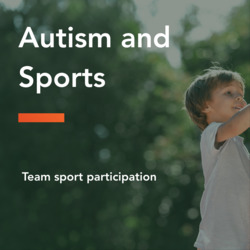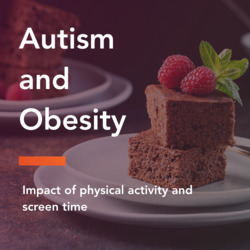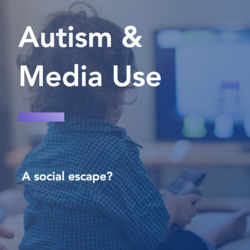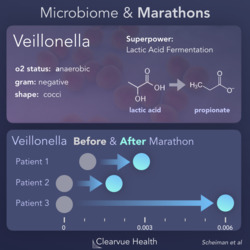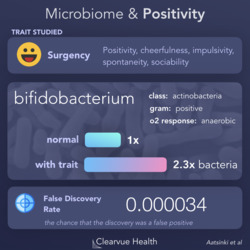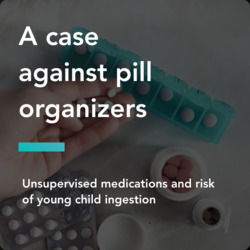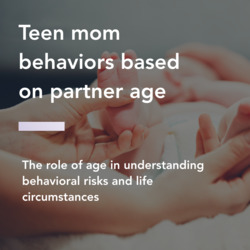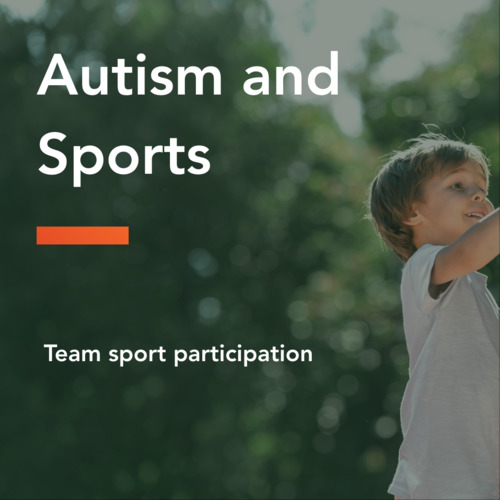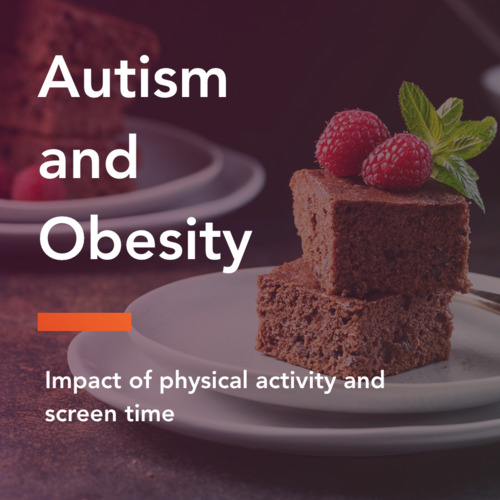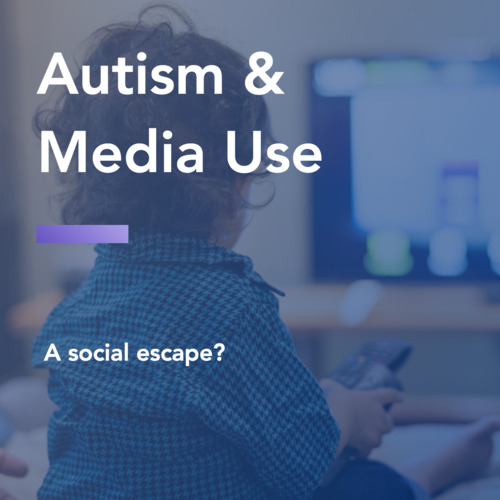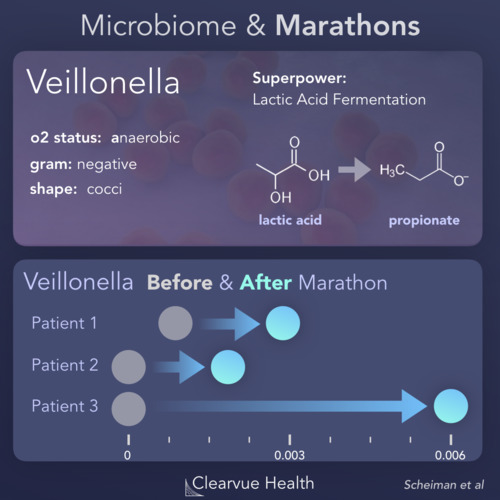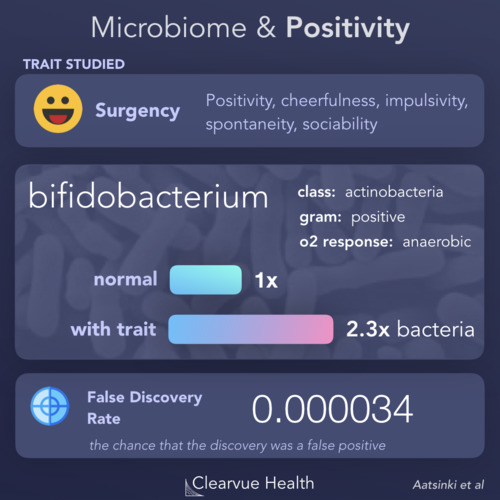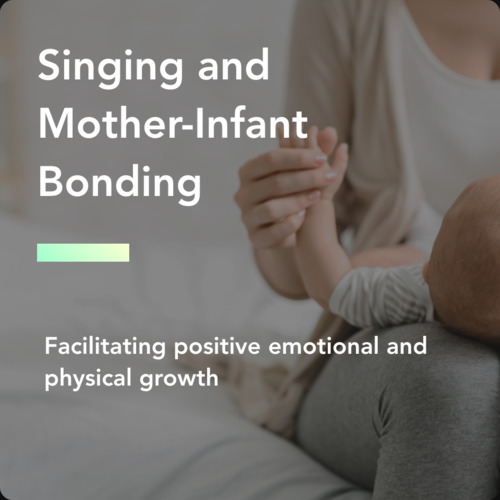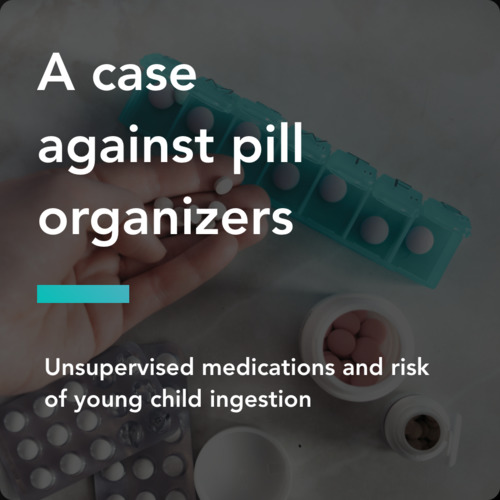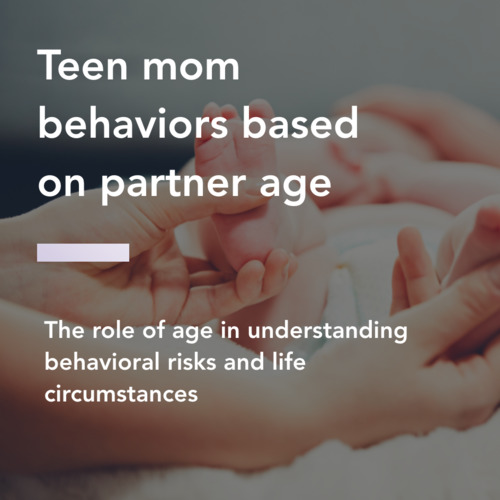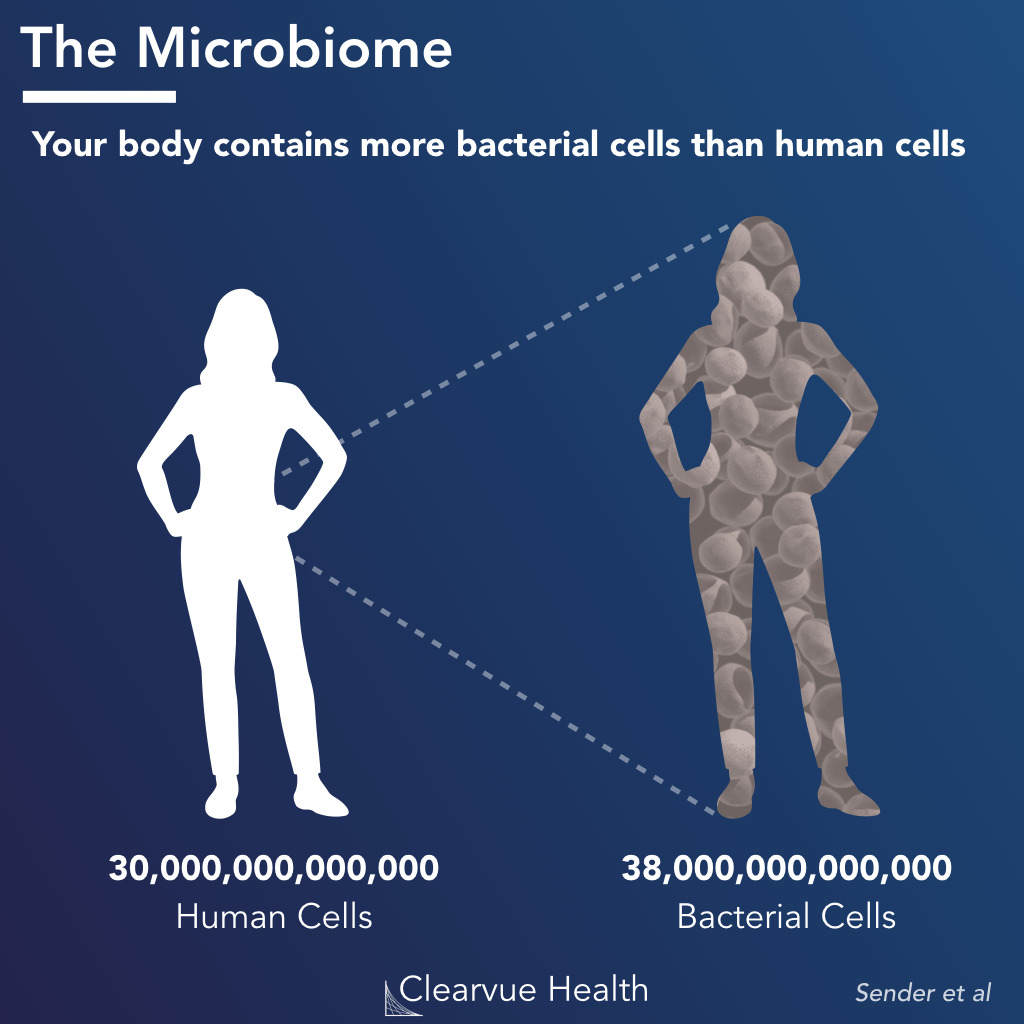
The microbiome encompasses all the microorganisms in your body. These are little cells, mostly bacteria, that are not your own cells but live in your body.
Most of these cells live in your gut. In, fact, more than half of your poop is composed of bacteria.
Recent estimates have determined that you have more bacterial cells in your body than cells of your own.
A study estimated that a typical 155 pound person will have around 30,000,000,000,000 human cells of their own and 38,000,000,000,000 bacterial cells.
Bacteria are of course much smaller than our own cells, which is how we can fit all of these cells in gut. But, they each carry their own DNA and their own biological functions that can help, or hurt, our own bodily functions.
Effect of Microbiome on Child Development
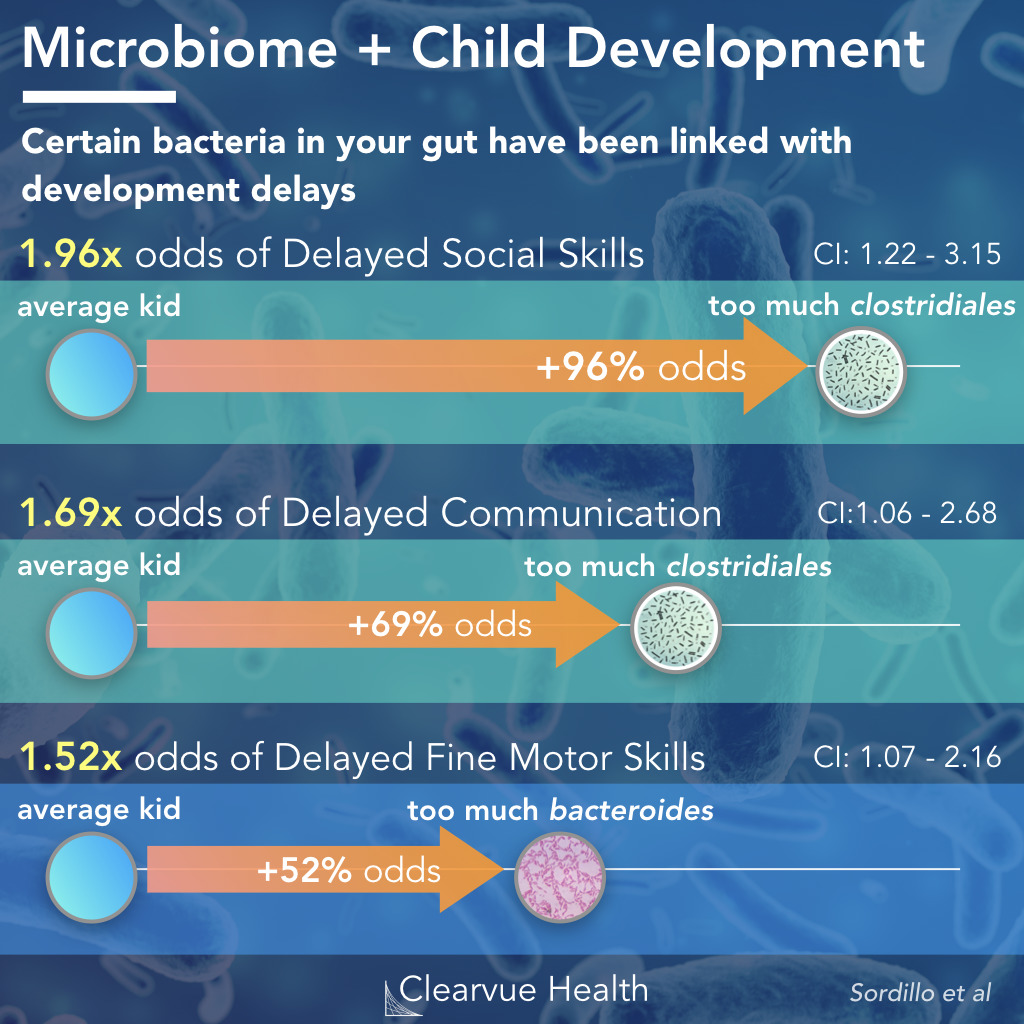
Source: Association of the Infant Gut Microbiome With Early Childhood Neurodevelopmental Outcomes
A recent study out of Harvard found that the microbiome has a strong effect on child development. The different types of bacteria a child has in their gut correlates with how they will develop physically and behaviorally.
Kids with lots of clostridiales bacteria in their guts were shown to have approx. 1.96x the odds of delayed social skills (95%CI = 1.22-3.15).
These same kids also had 1.69x the odds of delayed communication. (95%CI = 1.06 - 2.68)
Kids with a high level of bacteroides, another type of bacteria, had 1.5x the odds of delayed fine motor skills. (95%CI = 1.07 - 2.16) These include skills such as pinching, grasping, and buttoning.
Possible Link to Autism
While autism was not tested for in this study, this result supports a possible link between your gut bacteria and autism. This link has been previously looked at in the papers below, but no firm clinically relevant conclusions have been drawn.
Fecal Microbiota and Metabolome of Children with Autism and Pervasive Developmental Disorder Not Otherwise Specified
Microbiome Disturbances and Autism Spectrum Disorders
The Symptoms of Autism
Autism Spectrum Disorder
The Key Deficits in Autism Spectrum Disorder
Related Article: Known Autism Risk Factors
On a related note:
While we do not know for sure whether these bacteria are linked to autism, the following factors have been linked to a significantly higher risk of autism.
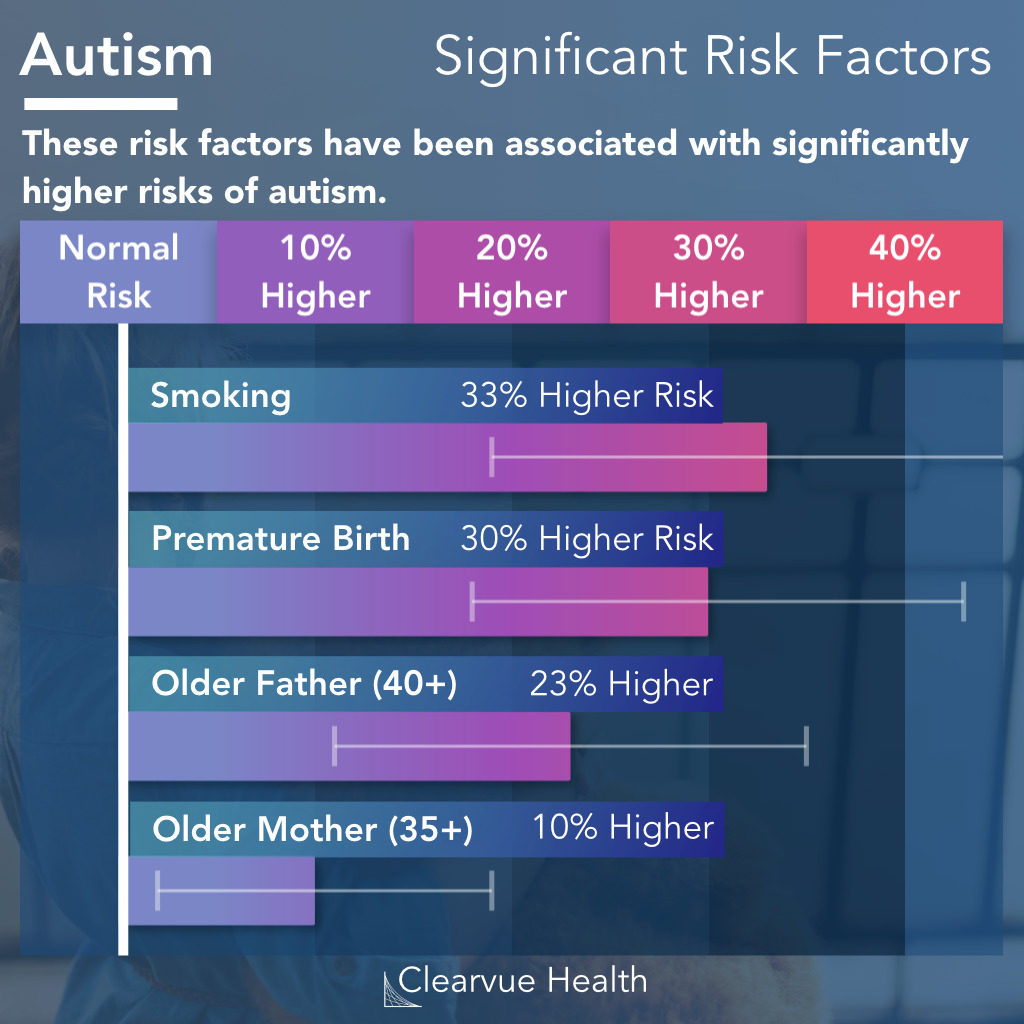
Full Article on Autism Risk and Vaccines
Study Design
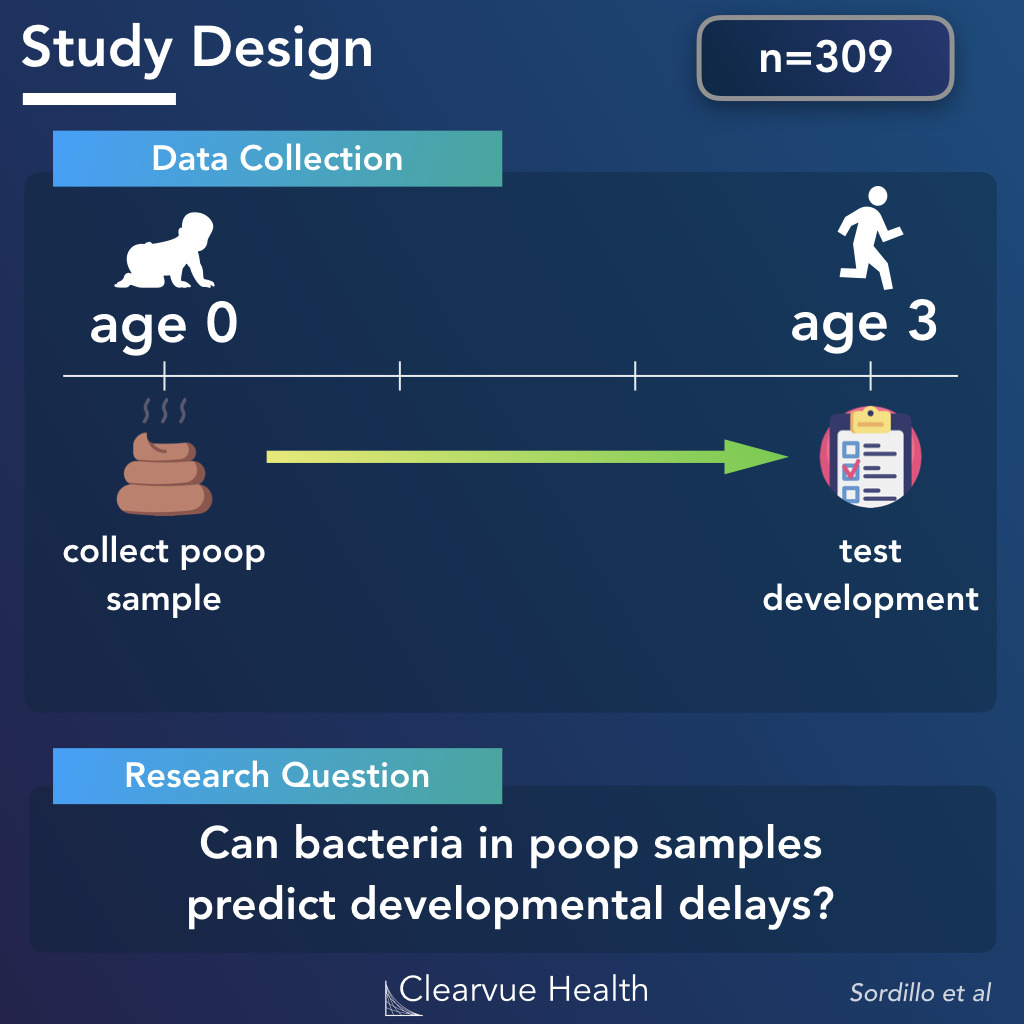
Researchers obtained this data by collecting poop samples from patients when they were between 3-6 months old. At this point, babies have developed their own microbiomes from their mother and other sources. They grouped patients by the types of bacteria present in their gut.
When the patients reached age 3, researchers assessed their development with the ASQ-3 test, a test that looks at motor skills, personal and social skills, and problem solving ability.
With this data, researchers were able to determine which types of bacterial profiles correlate with development.
Key Takeaways
This study shows a strong and significant correlation between the microbiome and child development. If this data is confirmed in future studies, it would show that your microbiome plays a huge role in how your brain develops and functions.
Given the magnitude of the effect we see in this paper, it is conceivable that other types of brain function, or dysfunction, are driven by the microbiome.
Unfortunately, we don't have any proven ways of "fixing" the microbiome, as we're just starting to understand it.
This is however a rapidly developing field. It is entirely possible that in the future, we may be able to reduce the incidence of autism with probiotics or other microbiome therapeutics.




